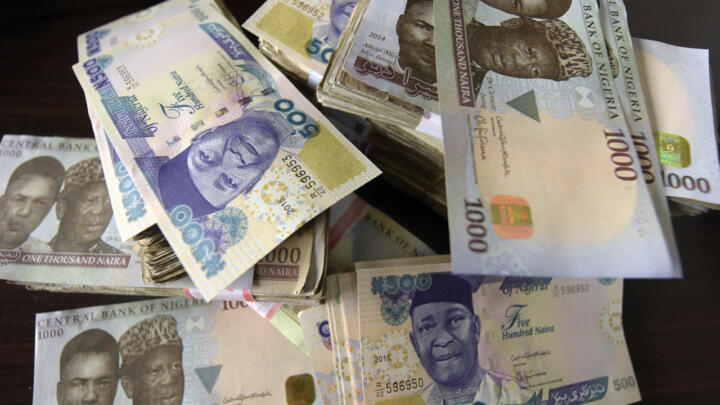In recent developments, the Nigerian Naira has witnessed a significant depreciation, reaching an exchange rate of N2,000 against the British Pound (£) at the parallel market. This sharp decline underscores the ongoing challenges within Nigeria’s foreign exchange market and raises concerns about the broader implications for the country’s economic stability.
Several factors could contribute to the weakening of the Naira, including external economic pressures, dwindling foreign reserves, and fluctuations in global commodity prices. The demand and supply dynamics within the foreign exchange market also play a crucial role in shaping the exchange rate, and any imbalances can contribute to rapid changes in currency values.
The drop to N2,000/£1 highlights the urgency for policymakers and regulatory bodies to address the root causes of currency depreciation and implement measures to stabilize the exchange rate. Strategies may include enhancing foreign reserves, implementing effective monetary policies, and exploring avenues to attract foreign investment to bolster the country’s foreign exchange reserves.

As the Naira’s exchange rate continues to fluctuate, stakeholders will closely monitor the situation, and concerted efforts may be needed to restore confidence in the foreign exchange market. Additionally, communicating clear and transparent policies to the public and investors is essential to managing expectations and fostering stability.
Infostride News remains committed to providing in-depth coverage of developments in the Nigerian foreign exchange market. Stay tuned for further updates, expert analyses, and insights into the factors influencing the Naira’s value and the measures being taken to navigate these challenging economic conditions.
Support InfoStride News' Credible Journalism: Only credible journalism can guarantee a fair, accountable and transparent society, including democracy and government. It involves a lot of efforts and money. We need your support. Click here to Donate
